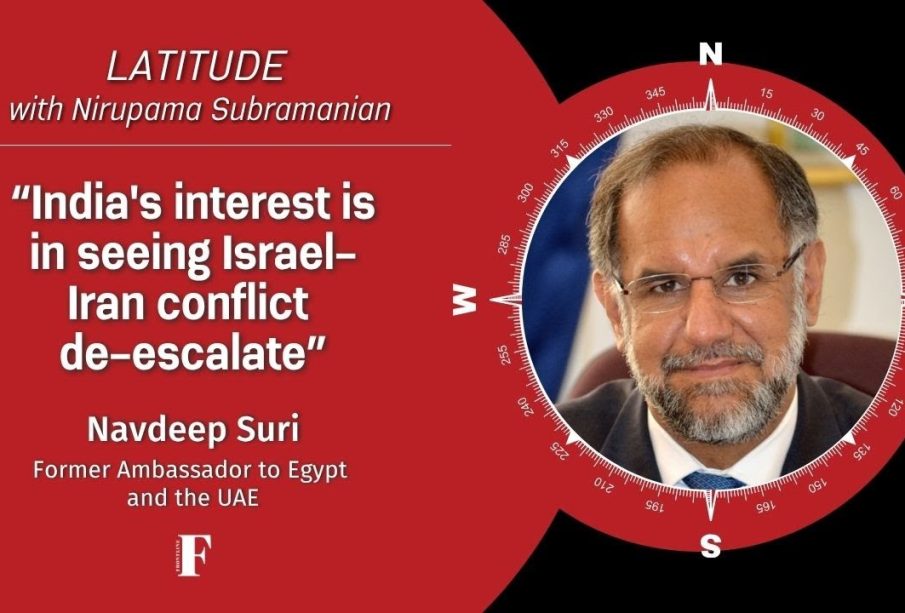Understanding the Israeli Iranian Conflict and Its Implications

Introduction
The Israeli Iranian conflict remains one of the most complex and significant geopolitical issues of our time. Rooted in historical animosities and ideological differences, this conflict has shaped regional politics in the Middle East and beyond. Its importance lies not only in its immediate consequences for the nations involved but also in its wider implications for global security, diplomacy, and peace efforts.
Historical Context
The hostilities between Israel and Iran can be traced back to the 1979 Iranian Revolution, which transformed Iran from a Western-aligned monarchy to a theocratic state at odds with Israel, which was a strong ally of the West. Following the revolution, Iran’s leadership publicly called for the destruction of Israel, laying the groundwork for decades of tension.
Recent Developments
In recent years, the conflict has escalated, particularly amid concerns over Iran’s nuclear program. Israel perceives a nuclear-armed Iran as an existential threat and has openly stated its resolve to prevent Iran from obtaining nuclear weapons. Tensions flared in 2023 as reports surfaced of Iran allegedly advancing its uranium enrichment capabilities, bringing back discussions of military intervention by Israel.
Additionally, Iran’s support for militant groups such as Hezbollah in Lebanon and Palestinian factions in Gaza has heightened fears in Israel regarding proxy warfare. In response, Israel has increased its military presence along its northern border and conducted airstrikes against Iranian positions in Syria, asserting its commitment to national security.
International Impact
The conflict not only affects Israel and Iran but also has wider implications for the Middle East and international relations. The ongoing clashes between Israel and Iranian-backed forces have drawn in global powers, influencing diplomatic relations and creating an environment of uncertainty. Various countries, including the United States and several European nations, have tried to mediate the situation, balancing diplomatic ties with both Israel and Iran while addressing the risks of military escalation.
Conclusion
The Israeli Iranian conflict remains a critical area of interest for policymakers and analysts worldwide. As the situation evolves, the prospects for peace are uncertain. While diplomatic efforts are ongoing, the deeply ingrained hostilities and strategic calculations on both sides complicate the pathway to resolution. For readers, understanding the dynamics of this conflict provides essential insights into the broader challenges facing the Middle East and the potential for future stability or conflict in the region.









